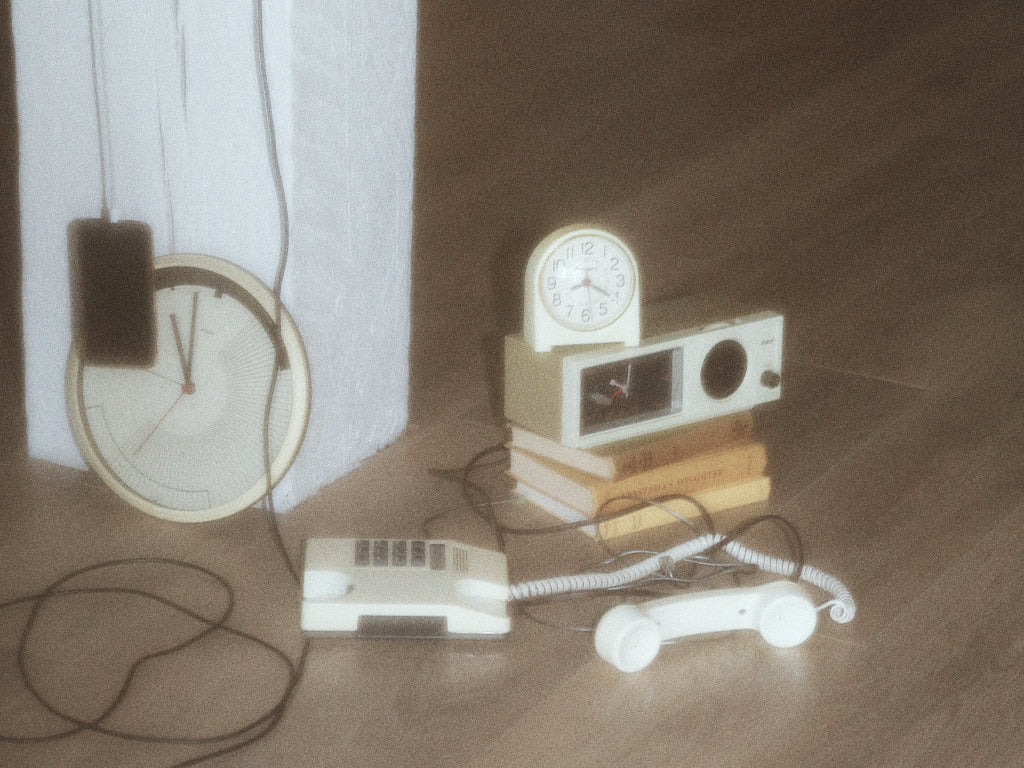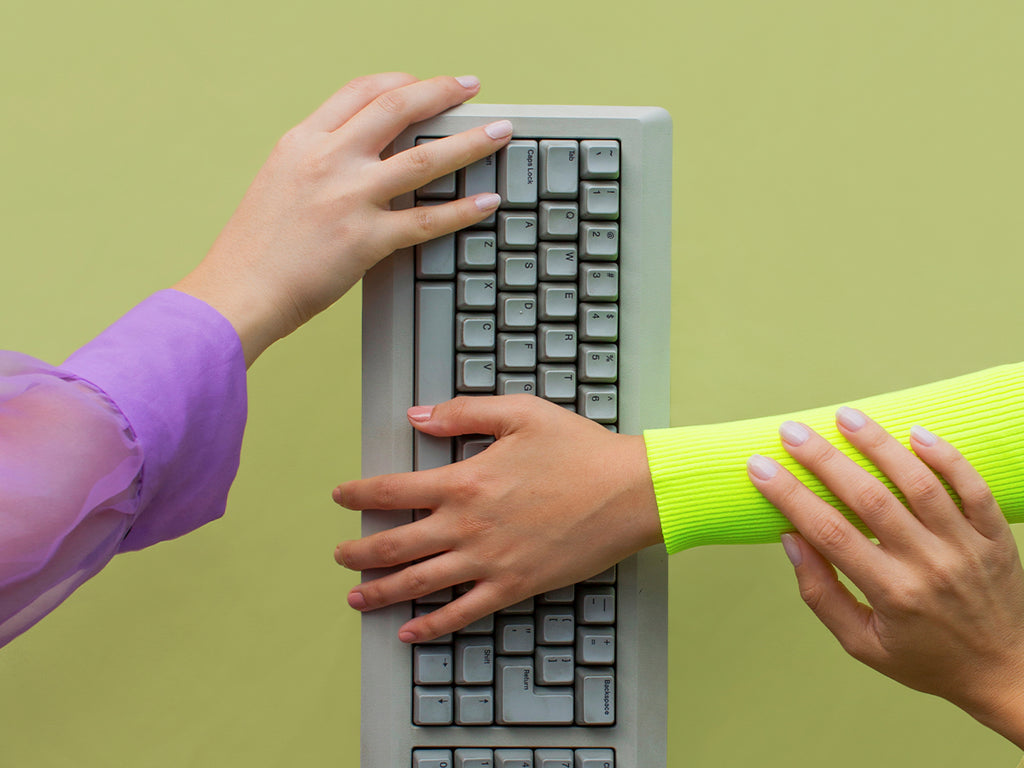Why You Can't Stop Looking at Your Work Emails After Hours (But Should)
If you're lucky enough that working from home has become your new normal, the compulsion to check your work emails outside your 9 to 5 is likely stronger than ever. Even when you've logged off and you're looking for some much-needed distraction from reality (here's looking at you, Tiger King), oftentimes it's hard to ignore the niggling thought that there’s just one quick work-related thing you need to do. A couple of hours later and you’re back doing it again.
But all that checking your inbox on late nights, early mornings and weekends can have a serious effect on your mental health. Research shows that it’s a big contributor to feeling stressed, anxious and burnt out when it comes to thinking about work. Even just the expectation that you should look at your work emails on off hours is enough to raise your anxiety levels, according to a study from researchers at Virginia Tech. They found that work with flexible boundaries can easily turn into work with no boundaries at all.
It may not come as a surprise that one of the reasons it sometimes feels like work never ends is because it literally doesn’t. If you tracked all the quick minutes that you spend just taking a peek at your work email, they’d probably add up to the point where you start thinking it’s time for a raise. But if we know that checking-in on work is stressful and blurs the line between free time and company time, why do we keep doing it?
A big reason for it is the same thing that drives us to check what friends are up to when we don’t really want to hang, go to parties when we really want to stay in and always want to be in on the next hot trend: Fear of missing out. A study last year found that “workplace FOMO” is a real thing that has a direct connection to how much we check our messages and has sizeable effects on our wellbeing.
“Workplace FOMO is a potentially prevalent and influential phenomenon,” said an academic study published in 2018 in the journal of Motivation and Emotion.
Just like regular FOMO, the workplace variety comes from an insecurity about losing out on opportunities. Instead of missing out on fun and excitement, however, our fear is that we’re going to miss out on chances for big work advancements, as well as maybe show we’re on the ball and impress our bosses. If we don’t check our inbox and maybe shoot off a couple of quick responses, it might show we’re not committed or productive.
But while there are occasions when you’re expecting a late-night email that you just have to check, most of the time there’s no real reason to be handcuffed to your inbox. In fact, studies have shown that working fewer hours and not being always on can have a positive impact on your productivity — it turns out having better boundaries can also make you a better, happier employee.
Studies of productivity across the world’s wealthiest countries show that working fewer hours actually has a noticeable link to how productive people are, and how much you can get done in those hours. Now that workplace burnout is getting more attention — this year the World Health Organization added it to its list of recognized diseases — it’s time to start thinking about what’s behind all that exhaustion.
This post is tagged as:
You may also like...
The Latest
People & Places
How Ara Katz is Redefining “Self-Care” as Rooted in Science with Seed
The co-founder, mother, and self-proclaimed serial entrepreneur unpacks her philosophy on what it means to be well. Ara Katz hates the word “success”. Not because of its listed definition in a di...

Do Good Werk
9 Passive-Aggressive Email Phrases That Are Basically Evil
A Rosetta Stone for every time you want to :’).

Woo Woo
Get to Know Your Astrological Birth Chart
How to find meaning in the stars — and what it means for you.

People & Places
The 5 Best Places In New York To Meet Your Next Investor
Where to rub shoulders with the city's movers and shakers.

Do Good Werk
10 Unhealthy Thoughts You Convince Yourself Are True as a Freelancer
If you work alone, you might be particularly susceptible to distorted thoughts that hurt your mental health.

People & Places
Creating a Conference-Meets-Summer-Camp for Adult Creatives
An interview with Likeminds founders Rachael Yaeger and Zach Pollakoff This past September, I sat in front of an obituary I wrote for myself after a session with a death doula. No, I didn’t know w...

People & Places
When Something Golde Stays: An Interview with Golde’s Co-CEOs
“For us it was never a question,” says Issey Kobori, speaking of the decision to build a business with his partner Trinity Mouzon Wofford. At just shy of 27, Kobori and Wofford have secured a host ...

Better Yourself
Are They Toxic? Or Are They Human?
There’s a difference between putting up boundaries and putting up walls, and the latter is what breaks relationships.

Do Good Werk
How To Combat Seasonal Affective Disorder At Work
Here’s what to do if seasonal affective disorder starts to take a toll at the office.

People & Places
Reclaiming Womxn's Wellness Spaces from a White-Dominated World
How The Villij built a collective that their community can connect to.









